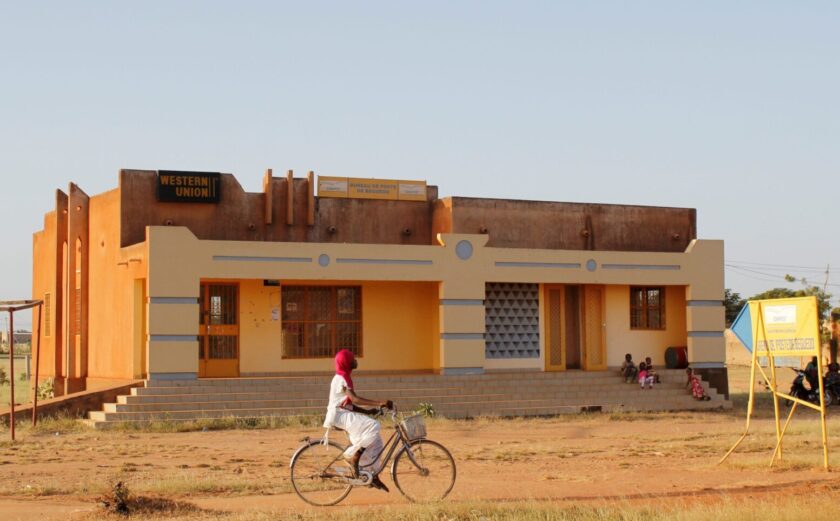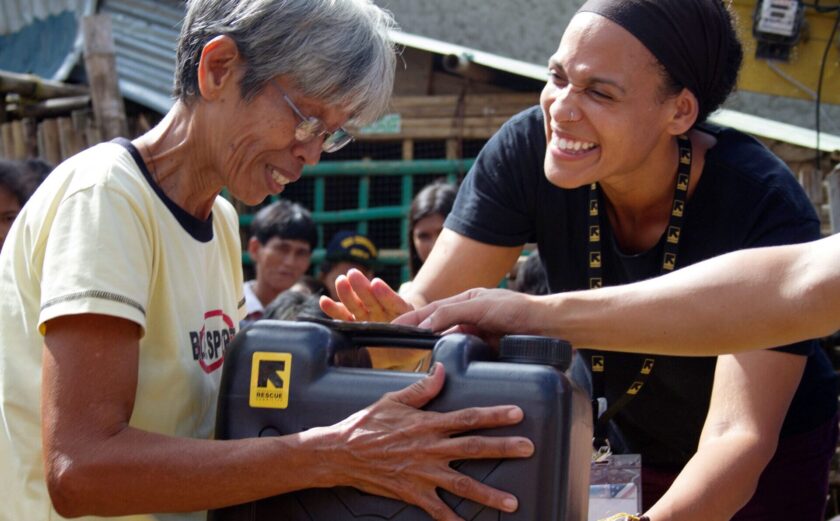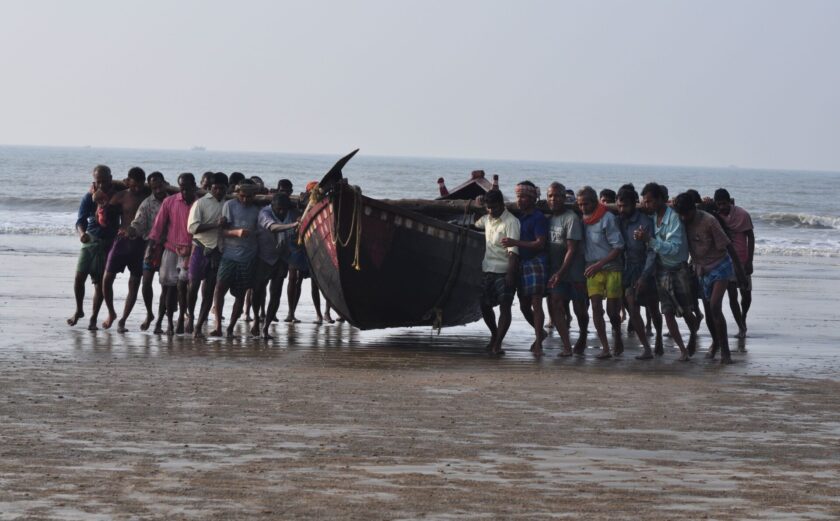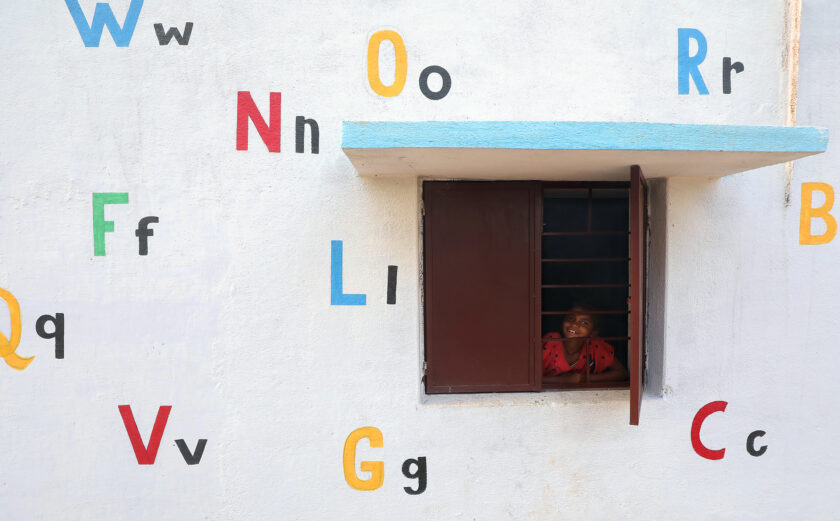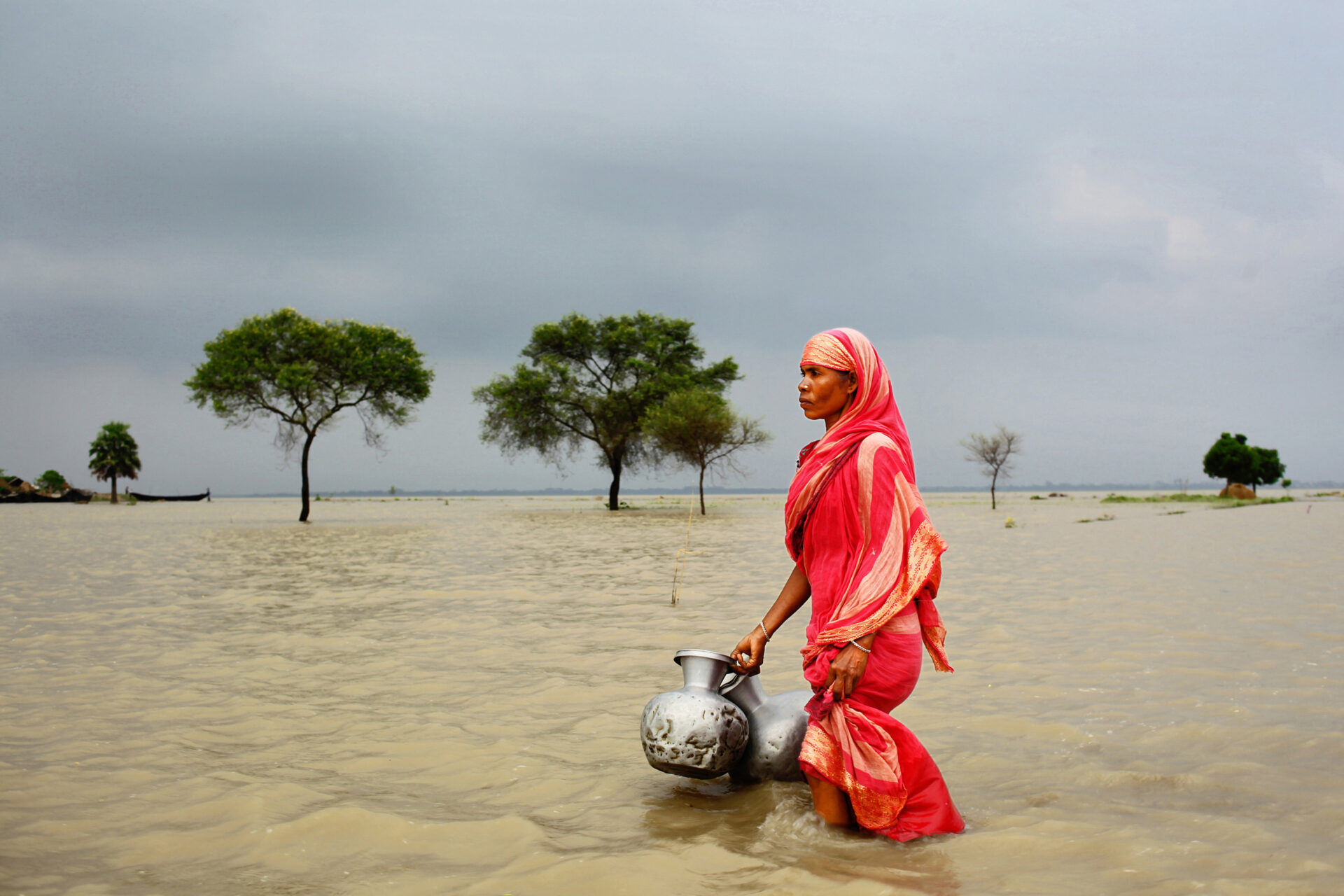
Nonprofit Leaders: Bold Climate Change Commitment Can Save Lives
As the world braces for what is expected to be one of the worst hurricane seasons on record, we are reminded that the effects of climate change are not a story about our future—they are something we are living through today.
As the atmosphere continues to warm and climate change progresses, the world becomes more and more unstable.
Climate change directly contributes to the displacement of vulnerable populations, agricultural disruptions, and economic collapse. History shows that food shortages brought on by a drought trigger political conflict. Cyclones that struck the Arabian Peninsula last year created ideal conditions for desert locusts to multiply throughout East Africa. An increasingly unpredictable cycle of severe droughts and floods are making farming and herding in Sudan even more challenging, creating the potential for further humanitarian challenges like hunger and displacement.
The loss of clean water makes it easier for diseases and viruses to spread. As the COVID-19 pandemic threatens communities and economies around the globe, we quickly see the importance of access to water, especially for those in countries that lack modern healthcare and have citizens with compromised immune systems.
As we learn more about this virus, we have seen that people with underlying health conditions such as asthma, diabetes, and cancer all exacerbated by the effects of a changing climate are among those most at-risk.
We cannot know when this pandemic will end, but what we can count on a changing climate that will continue to ravage the lives of the world’s poorest, most vulnerable people. Over time, their conditions will worsen, and more people will develop the underlying health conditions that make viruses such a threat.
As we learn about missed opportunities to combat COVID-19, let us not repeat the mistake of inaction on climate change. The longer we wait to take action to slow down our changing climate, the higher the risk of greater, and potentially more deadly, global pandemics.
We must act now.
During this unprecedented time, people are not taking to the streets to demand climate change action, but we are making our voices heard —future generations depend on it. As U.S. nonprofit leaders, we are proud to sign the NGO Climate Compact—a pledge by the U.S. international development community to urgently work to address climate change and our recognition that the environment is central to achieving our mission to serve the world’s poorest and most vulnerable people.
Today, standing in solidarity with the environmental movement, affected communities, and the scientists who have fought to draw attention to the biggest crisis of our time, we call for urgent collective action.
More than 80 CEOs of global development, health, and anti-poverty organizations have come together to sign the NGO Climate Compact. We pledge to educate and improve understanding among our constituents, donors, vendors, corporate partners, and staff of the challenges climate change brings to development and humanitarian issues. We commit to mainstream climate and environmental consideration into all stages of our programs to reduce our emissions and any ecological degradation resulting from our work. We have also agreed to assess the sources of greenhouse gas emission, water usage, and waste at our organizations’ headquarters and field offices.
For many nonprofits who focus on the welfare of people, our work fighting climate change is already underway. We have engaged with communities around the world to help families adapt to our changing climate and mitigate the immediate harm to their lives and livelihoods, now only further exacerbated by the enormous disruptions of the COVID-19 pandemic.
However, this vital work also requires a global approach to slow the changing of our climate. As the world heats up, our community is seeing the erosion of decades of development progress and the worsening of humanitarian crises from Brazil, to Vietnam, to the Lake Chad Basin, to our very own rural and urban areas in the U.S.
The people who are feeling the drastic effects of the climate crisis are those least responsible for it. As global nonprofit leaders, we know we cannot let this happen.
The NGO Climate Compact is our commitment to developing joint solutions. The long term health and future of our world depend on our actions. If we have learned anything over the past three months, it is that bold progress is indeed possible—if people, institutions, and governments around the world are willing to act.
Abby Maxman, Oxfam America’s President and CEO, has more than 30 years of experience in international humanitarian relief and development. She is the Vice President of InterAction’s Board of Directors.
Carrie Hessler-Radelet is President and CEO of Project Concern International, a Global Communities Partner, a leading global development organization. She is the President of InterAction’s Board of Directors.
Sam Worthington is the CEO of InterAction, the largest U.S. alliance of international nongovernmental organizations focused on helping vulnerable people around the world.
